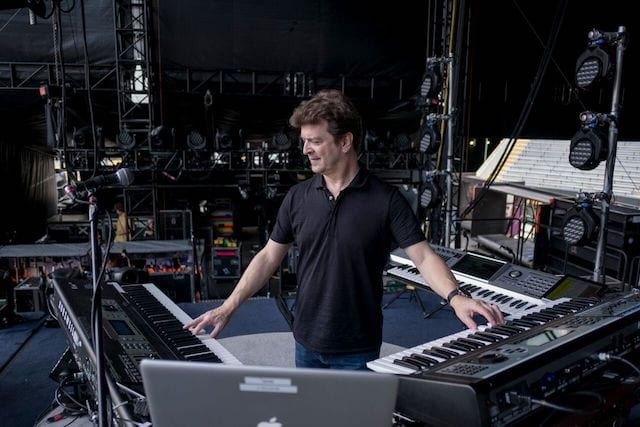
Four years ago, David Rosenthal excitedly assembled his first Apple MainStage rig for live performances. That excitement quickly died when the keyboardist hit a roadblock.
“I set up conventional hard drives with FireWire 800, and I programmed up some songs,” he said of the new workflow. “When I was done, it didn’t work…”
His hardware couldn’t keep up with his software. It was then that the Grammy-nominated musician realized his technological needs had evolved beyond the world of platter drives and FireWire. Fortunately, adapting to evolving hardware requirements is routine for the self- described “tech geek”.
Rosenthal quickly moved to newer hardware that was available in SSDs and Thunderbolt equipment, and “all of the sudden all of my programming worked perfectly,” he said. “It was a whole new world of options that I had open to me in terms of how I could [set up] my keyboard rigs.”
Live & In-Studio
Rosenthal’s days of non-stop touring are behind him, but he still takes the big stage regularly. The keyboardist serves as musical director for Rock and Roll Hall of Fame singer/songwriter Billy Joel, playing multiple live shows each month in front of tens of thousands of fans. And while his keyboard rig drives his creativity, it takes sophisticated hardware and software to drive his keyboard rig.
Rosenthal’s on-stage keyboards are controllers only; meaning all of the sound comes from a MainStage software system running on two 2013 Mac Pros under stage. And connected to each Mac Pro is an OWC ThunderBay 4 mini external drive that houses high performance OWC SSDs that stream his live performances. In fact, all of the instruments that Rosenthal utilizes are stored in the ThunderBay 4 minis that he discovered at MacSales.com – his go-to destination for Mac gear. This eases the burden on his Mac Pro’s operating system and increases the system’s performance by allowing him to stream from multiple external busses at one time, he explains.
The ThunderBay 4 mini is compact enough to fit in his MainStage rig beneath the stage, while producing speeds up to 1346MB/s read and 1321MB/s write. This powerful combination makes the external Thunderbolt 2 solution ideal for such a demanding and unique workflow.
“Until Thunderbolt and SSDs came out, it wasn’t practical to use in a live performance,” Rosenthal says of the MainStage streaming done from his ThunderBay 4 mini. “When they were first introduced to the market, it was sort of like a perfect storm of things to come out.”
Rosenthal actually has two rigs during his live performances: an “A” and a “B” rig. Each features identical hardware including the ThunderBay 4 mini and an OWC Thunderbolt 2 Dock in case there is a problem with the “A” rig … not that he often worries about it.
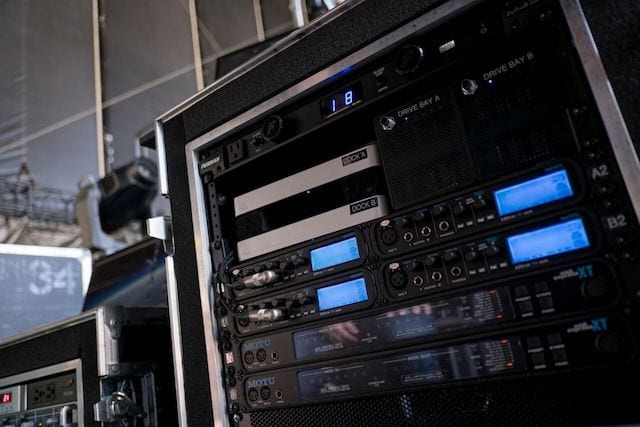
“[The ThunderBay 4 mini] is reliable and it has a small footprint – both of which are important to me,” said the keyboardist, who has also worked with Bruce Springsteen among countless other legendary musicians in his career. “You turn it on, and it just works … I never have to worry about it.”
However, all of the power in the world can’t be utilized properly without the right hub to bring the hardware together and provide the necessary ports. For this, he trusts the OWC Thunderbolt 2 Dock and its 12 ports from MacSales.com.
“I have so many peripherals connected to each of the computers,” he said of his Mac Pro, “that I need the extra USB ports. And the FireWire 800 comes in handy in my studio where I’m using some [legacy] drives that are connected to my pro tools system.”
On stage, you might be inclined to call Rosenthal “the piano man behind the Piano Man”. But as comfortable as he is playing with the pop star, he’s equally comfortable in the world-class studio attached to his home. And while his A and B rigs are on tour, the studio is where he keeps what he calls his “C” rig.
Rosenthal’s C rig is the same as his live rigs with identical OWC hardware so he can easily stay productive when he’s not on the road.
“My A and B rigs that I tour with live in a truck, and I very rarely have access to them,” he said. “If Billy wants to do a new song, and I have to program it up, I do it on the “C” rig at home … with a Thunderbolt 2 Dock and the ThunderBay 4 mini.”
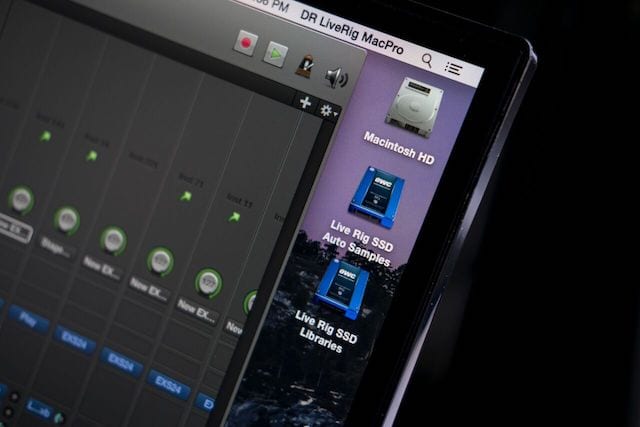
With the C rig, he can do his programming in his studio and quickly move the MainStage patch from his ThunderBay 4 mini to a flash drive and bring it on tour. He then loads it at sound check and it’s ready to go, making for a simple and mobile workflow that he couldn’t have envisioned as a young musician.
“It changes your world from top to bottom, and that’s what SSDs and Thunderbolt did,” he said.
Quietly Reliable
In David Rosenthal’s words, the OWC hardware he finds at MacSales.com “just works”, and that’s why he has and will continue to rely on both as he continues to create.
“While I’m really careful to always have spares both real time and backup units, I rarely have to use them when it comes to OWC products. And the more I use it without having to go to my backups and the more I can trust them, the more I rely on them and the more I keep using them for high- stakes gigs where stuff just has to work.”
He’s also quick to praise the technical support he has received from MacSales.com over the years.
“For about four years I’ve been buying all of my Mac stuff exclusively from [MacSales.com]. … And I just found the customer service team to be incredibly helpful and knowledgeable. That makes a huge difference.”

Find out more about David Rosenthal at davidrosenthal.com


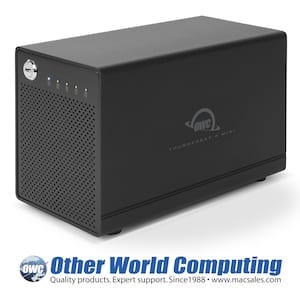
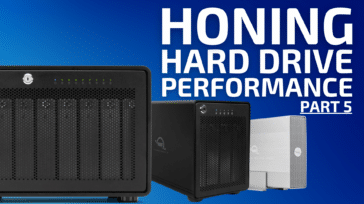
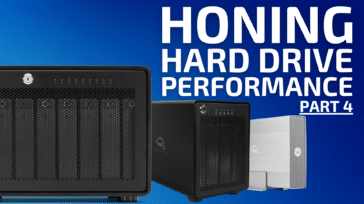
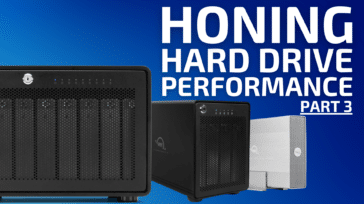
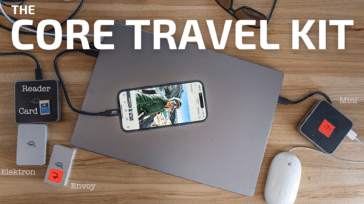


Big fan of Billy Joel and OWC. I’ve used OWC for a long time because they seem to find solutions to my problems and come across in a helpful and courteous manner whether I buy that day or not. I too am a fan of redundant systems just in case. Great insight into one of the great artists!